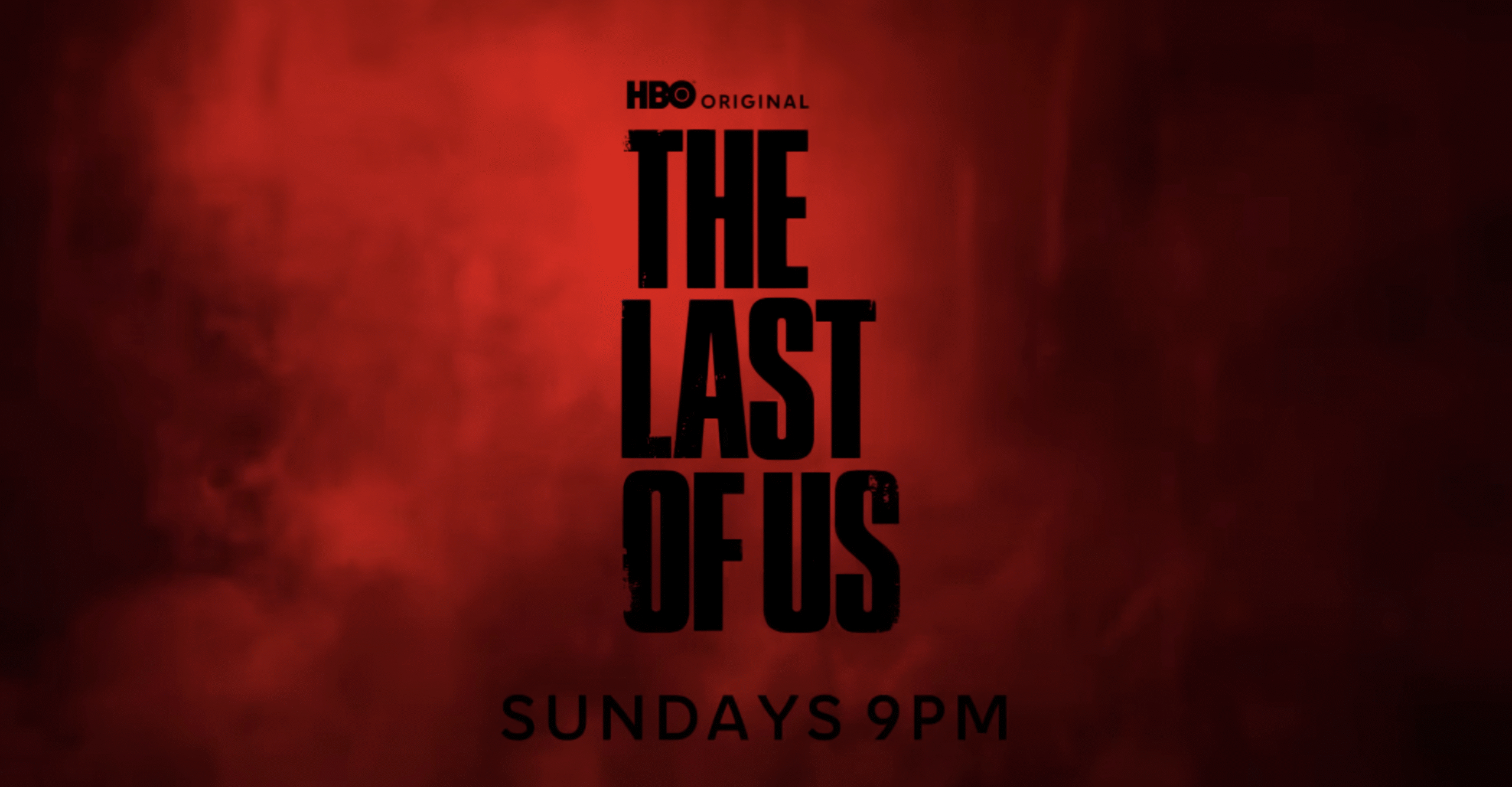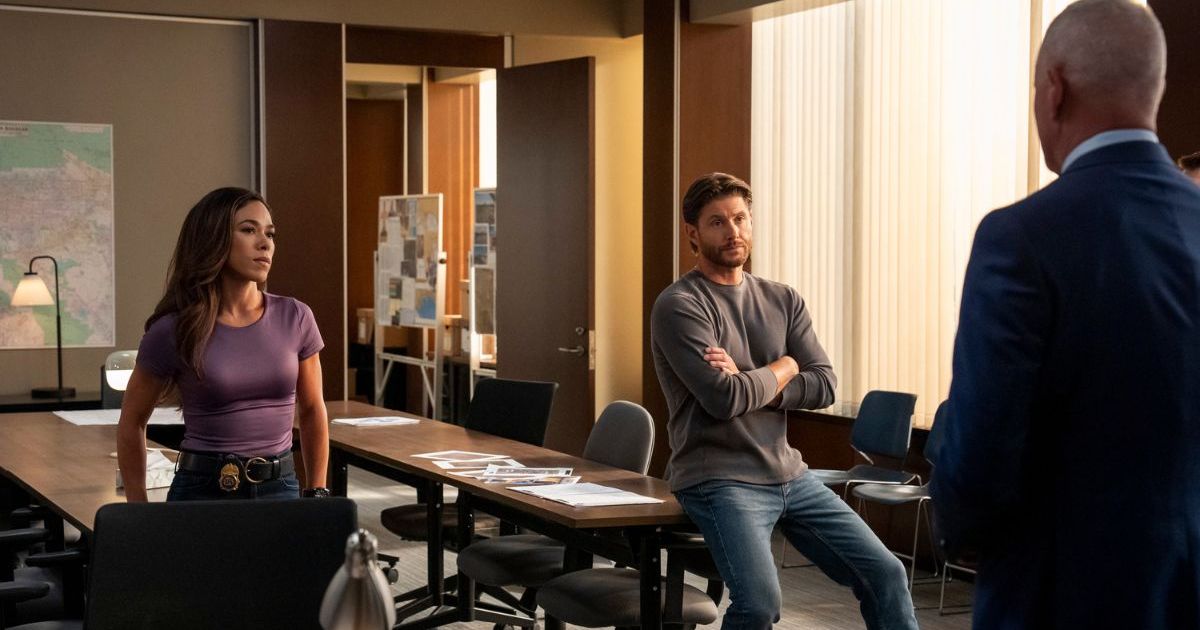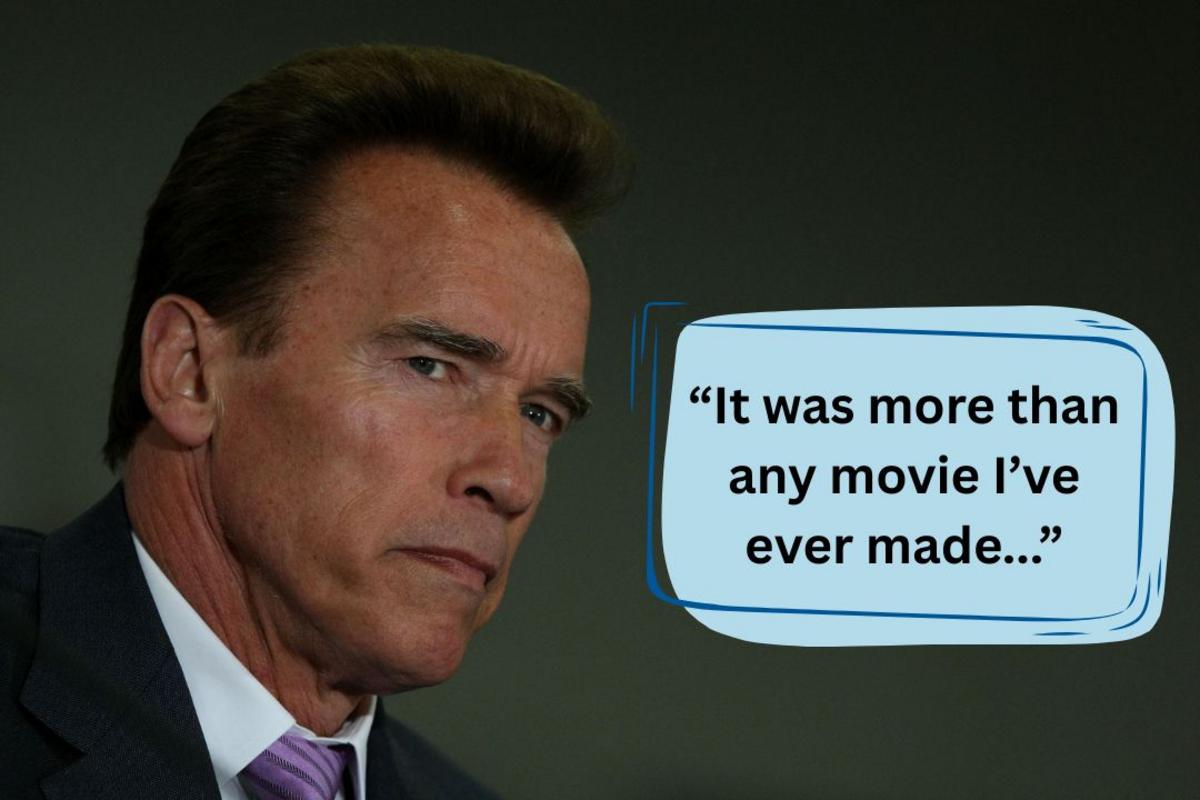Having played both The Last of Us video games, I admittedly had my concerns going into season 2 of the HBO TV adaptation that has taken the world by storm.
While the first game boasts one of the most powerful stories ever told in the history of video games, the narrative of The Last of Us Part II divided fans in ways never before seen in the medium. While it drew utterly unwarranted vitriol for its inclusion of a transgender character from culture warring trolls, the execution of Joel’s death and then being forced to play as his murderer, Abby, attracted criticism that I would argue is justifiable.
With that being said, I believe there are strong arguments to be made on either side of this debate (which rages on to this very day), I just personally couldn’t shake the sense that a little more context on Abby’s motives would have gone a long way in making these events easier to digest and process. I also felt that it trampled on what was pitch-perfect ending to the first game, making me almost wish the second game never even happened. I do, however, feel a sense of shame writing those last few words, as The Last of Us Part II is ultimately an outstanding game that delivers immensely satisfying gameplay and powerful meditations on the nature of revenge and the inherently cyclical nature of the violence that comes with it. I don’t use that many adjectives lightly, but it’s necessary to drive home my sincere admiration for the game, even if the execution of the story’s inciting incident felt more brazen than it was bold.
Coming into season 2, then, I had hope for how they would approach it, even arguing that they could keep Joel alive until the final episode or two in season 2, or perhaps even the beginning of season 3. Upon reflection, that was more wishful thinking than anything else, but I was steadfast in my belief that something had to change, arguing that, “If the context of Joel having murdered Abby’s father is offered within moments of taking his life…audiences can at least sympathise with her position, even if they don’t like one of the show’s favourite characters being killed off.” Thankfully, this is the exact route showrunner and writer Craig Mazin opted for, as all the required context is offered in the buildup to Joel’s death in season 2. In fact, most of Abby’s motives are revealed in the opening moments of this latest season, powerfully juxtaposed against the sombre ending of season 1.
It cannot be understated the difference this made to what was always going to be a traumatic scene, assuring the viewer that Abby’s motives weren’t without objective and personal merit. Though I’m sure the measure of trauma varies between those who have played the games and those who have not, as Joel’s shocking death is a tough pill to swallow no matter the context, but I feel very strongly that at least in the TV show, his death was earned. It also helped that they delivered this scene against the backdrop of a scintillating battle for Jackson against the infected, making for one of the best episodes in the series so far.
Of course, the aftermath of Joel’s demise matters just as much as the actual moment itself, and this is another area where the TV show has improved over the video game. Originally, it’s Tommy who would impulsively take off to Seattle to exact revenge, and Ellie and Dina eventually follow. However, in the TV show, both the characters and the audience are given time to process and grieve, emphasizing the immediate effect of Joel’s death by showing Ellie waking up in a hospital and delivering a primal scream upon remembering what had already happened. Even Tommy and Dina are allowed moments of grief, and then the wise decision was made to let a few months go by. This allows Mazin and his writers to explore the politics of Jackson before Ellie inevitably departs, all the while depicting her falsely stoic exterior, as in actuality she’s faring no better than when she initially woke up in hospital, emphasised by Bella Ramsey’s heartbreaking performance, particularly when she cries in the embrace of Joel’s jacket. This is all capped off by Ellie visiting Joel’s grave before she undertakes her path of vengeance, in a scene that features some of the most stunning visuals in the entire show, acting as a final goodbye for us as much as it is for Ellie.
The show then returns to intense action and engrossingly twisted acts by those populating this post-apocalyptic world, finally introducing Jeffrey Wright’s Isaac (who the actor also voiced in the video game) with a typically compelling opening sequence that serves to better flesh out his character, while depicting several well-known scenes from the video game that has the narrative moving forward at an enthralling pace. This not only showcases a better sense of pacing than in the first season (one of its few blemishes), but also gives me a good idea of where they might be going for the rest of this season and into the next, as we may see something similar to the game, wherein Ellie will start take out members of the WLF and, indeed, Abby’s friends, before showing the same timeline from Abby’s perspective in the third season. This might not turn out to be the case, but it could very well end up going that way given that there are only three episodes remaining in this current season.
Whatever the case, I am at ease with how Craig Mazin and others behind the show tackle the narrative moving forward, as they have already handled the most difficult to adapt moments of the entire video game franchise with a grace and gravitas that is deserving of our trust.




